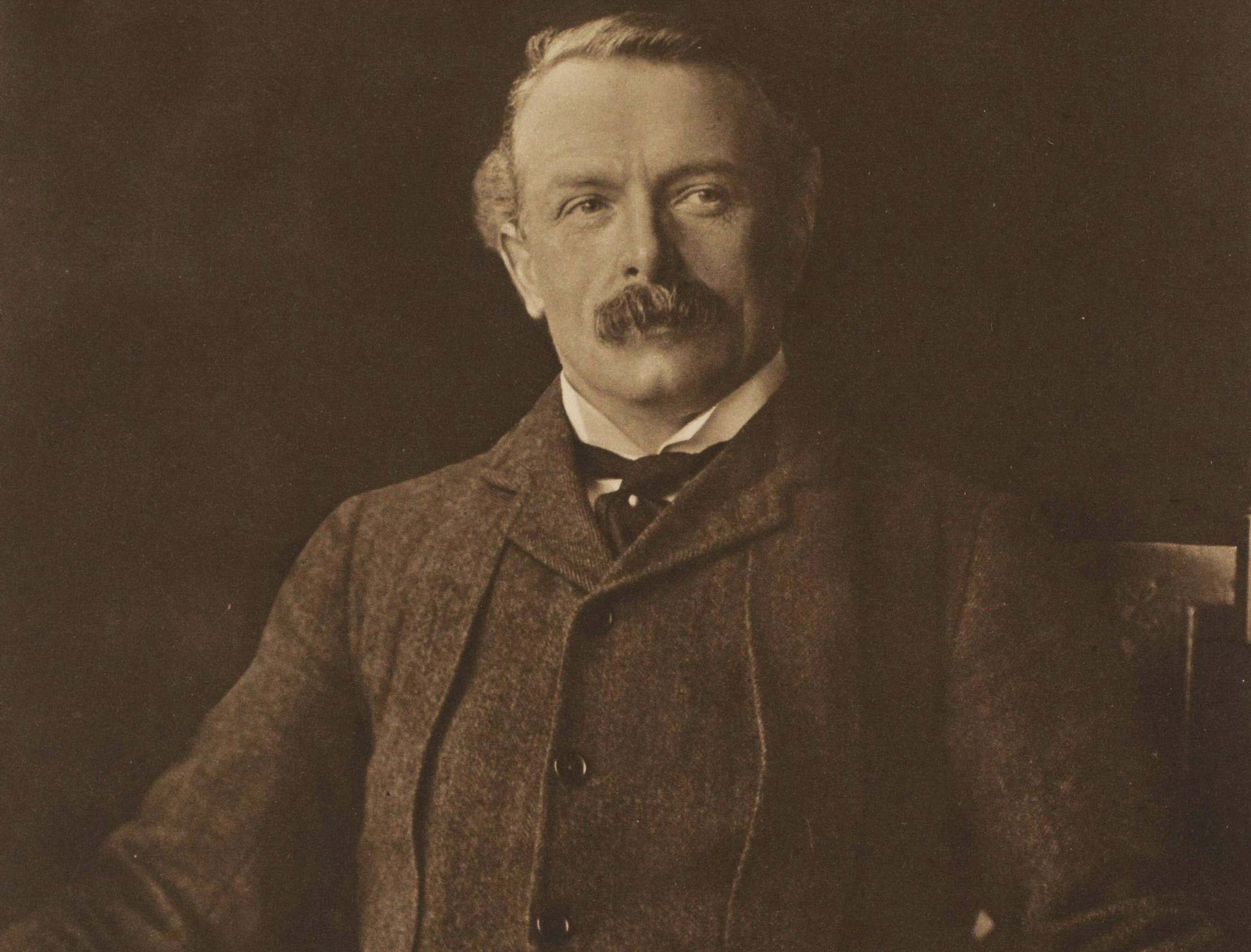Government presents evidence against arrested Sinn Féiners
Edinburgh, 27 May 1918 - The British Government has explained its reasons for the arrest of Sinn Féin leaders across Ireland.
The Press Bureau reports that for reasons of public safety, the government was not in a position to publish the full evidence against those arrested. What it published instead is a summary of evidence, which details a chronology of alleged contacts and negotiations between the Sinn Féin leaders and the Germans.
The summary outlined the well-established connections between Roger Casement and John Devoy with the Germans prior to the rebellion of 1916. Since then, further negotiations had taken place between Germany and Ireland and two risings with foreign assistance had been planned: one for 1917; and another to coincide with the German offensive on the western front that began in March this year.
It is alleged that the 1917 plans broke down owing to a failure on the part of the Germans to land troops in Ireland, but that on 12 April this year, a German agent was arrested after actually landing in the country.
Speaking in Edinburgh, Prime Minister Lloyd George said that there was ‘no doubt as to the conspiracy’ and that the Irish Party had nothing to do with it. In contrast, Éamon de Valera, the Sinn Féin President and the most high profile of those arrested, has denied the existence of any German Plot.

|

|
Two letters from the wives of men arrested and deported, requesting information on their husbands' whereabouts and wellbeing. Click to enlarge and view in full (Images: National Archives of Ireland, CSO RP 1918)
Perspectives on the so-called plot vary widely according to political allegiance. For the Irish Independent, what has been disclosed by way of evidence, is ‘more fittingly described as a British plot to discredit Ireland in the eyes of the world, especially of America’.
The Belfast Newsletter, perhaps predictably, has been convinced by the case against the plotters, saying that it proves that there have been regular communications between the Sinn Féin leaders and the German authorities and that it has continued up to the point of their arrest. Furthermore the paper is critical of the leniency that has allowed the Sinn Féin leaders to travel the country making ‘rebel speeches’ and asks that no mercy be shown to them now that they are in custody.
‘Internment is no punishment for traitors caught in the act. They must be tried, and if they are convicted they must pay the penalty. If not, the government will be guilty of complicity with them’.
Further arrests
Among those arrested in recent days was
Kathleen Clarke, a member of the Sinn Féin executive and widow of
executed Rising leader
Tom Clarke.
She was arrested at her residence on Richmond Avenue, Fairview by
plain clothes policemen and taken to Arbour Hill pending
deportations.
Also arrested was John R. Etchingham, who was picked by Gorey and Courtown Harbour Police. Etchingham, who had been sentenced to 5 years imprisonment in 1916 and subsequently released, was arrested at his sister’s home in Courtown. He had spent the day previously organising Sinn Féin activity in the neighbouring county of Wicklow.
[Editor's note: This is an article from Century Ireland, a fortnightly online newspaper, written from the perspective of a journalist 100 years ago, based on news reports of the time.]





















